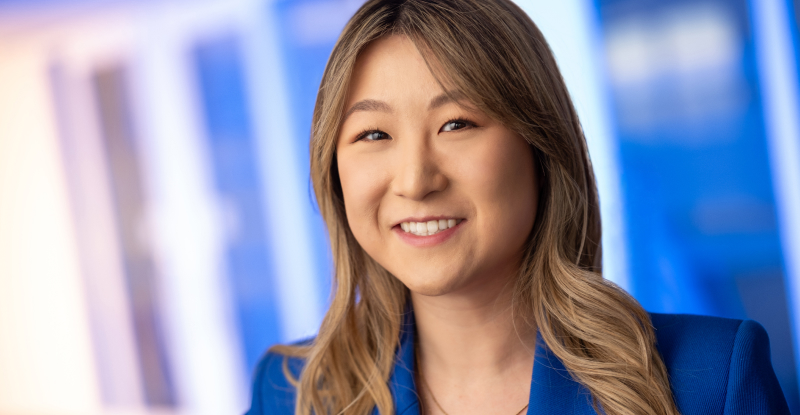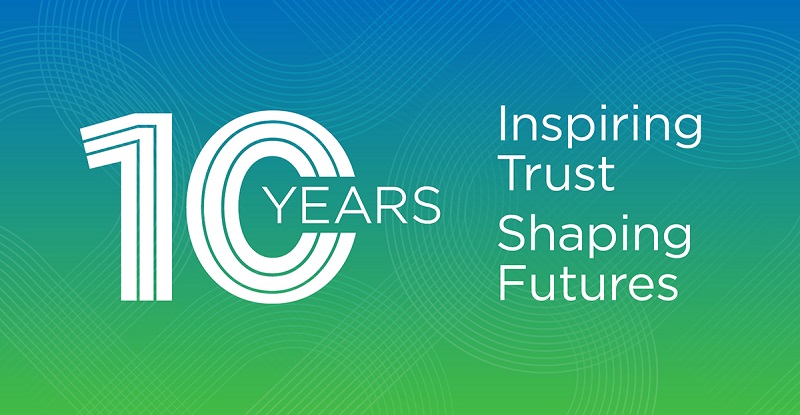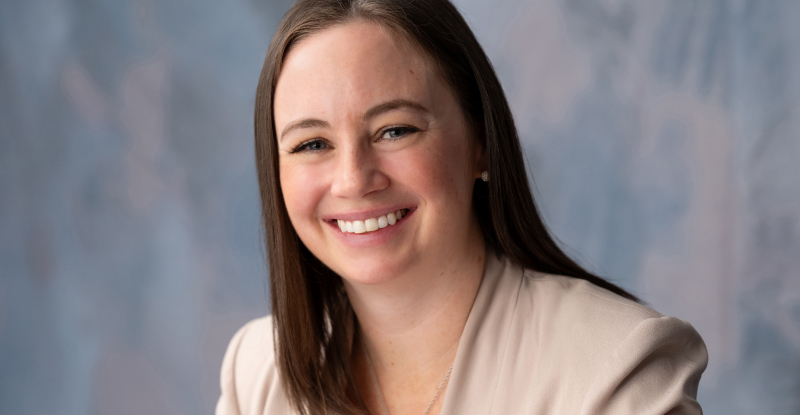
In this podcast episode, Michelle McRae, managing editor of CPABC in Focus magazine, chats with Donna Branston, CPA, CGA, a partner with DMCL in Victoria, about what it’s like to work as an accountant in entertainment, with a focus on the music sector.
The following article is based on this episode of the Coffee Chats with CPABC podcast series.
Does entertainment accounting differ from other forms of accounting?
Donna: It does, and it doesn’t. The traditional aspects apply when it comes time for year-end financial statements, tax returns, international tax, etc., but the clientele (and maybe the attitude) are different. Our clients are creative people, so they’re not traditional in the accounting sense. We don’t always meet in our office. What’s important to them is us being flexible and adapting to what is best for them—maybe that means going to their house or studio if we need to speak to them face-to-face. And since their workplace can be global, it’s really important that we have a good digital communication system. Also, the business management work that we do is not generally something that public practice firms engage in.
What does business management for a musician entail?
Donna: Musicians generally have two income streams. One income stream comes from live performances, and the other comes from income earned from their recorded and written music. So, there’s always work going on regardless of whether the artist is on tour.
You must have seen a lot of change in the music industry over the past 17 years.
Donna: There’s definitely been a big disruption. Many, many years ago, artists made most of their money from music sales and toured primarily to promote albums. And then they’d come off the road and take a break to write and record before going back out on tour. That used to be the cycle. For us, it was busier when they were touring just because there’d be that much more happening, but their business would continue regardless. And then when streaming and social media came in and actual music sales took a dive, artists had to pivot and make touring more profitable. That’s kind of where we are right now.
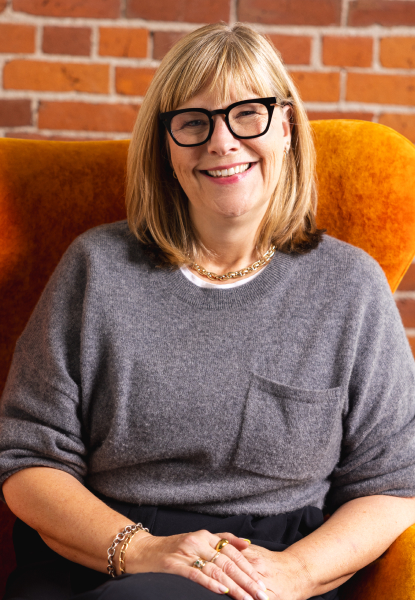
So, the model flipped completely?
Donna: Yes. And it’s flipping again now because streaming and social media are so prevalent that artists don’t even have to record full albums anymore—they can release one song and have it go viral. And if they want to build off of that, they have to go do something right away. Every genre, it seems, now operates a little bit differently. So honestly, I don’t think there’s anything that’s really traditional anymore. And we have to be able to pivot and deal with whatever’s happening at any time. I think that’s the biggest hurdle for somebody who wants to work in this industry as an accountant, because you can’t plan your days in advance. I still love to create a good spreadsheet, but there’s not always time for that. I have to be extremely flexible and responsive at all times, and other than meetings that I’ve set up, it’s really a crapshoot as to what’s going to happen every day.
In a recent Pivot magazine article on CPAs in entertainment, you said one of the most challenging aspects of working with creatives is being on call 24/7. Are you able to set boundaries with clients about your personal life?
Donna: In the beginning, I really didn’t have any boundaries. And today, if I’m working with a new client who is somebody I really want to work with for the long term, I might reduce those boundaries again for a while. But the way our structure works is that all of our clients have a manager, and they have another person that’s more of the day-to-day junior person, and then me. So, we never leave anybody stranded. However, if somebody is reaching out to me when I’m on vacation, I know it’s either something really important or some issue that I can diffuse in a minute and ease their mind. And I can’t not do that.
You also mentioned that you really have to have a love for it.
Donna: Yes, for sure. And you have to be able to multitask. You have to be able to pivot and be comfortable with not getting things done that you really wanted to get done in a specific time. The whole management group that I have here—every single one of them is passionate about music and feels lucky to be involved in the music industry.
When you work with clients who are famous, are there any unique privacy and security challenges?
Donna: Yes. And it doesn’t matter how much money an artist has—if they’re popular, people want to know what they’re about. And that could include people we hire or people already in our firm. We’ve never had a problem—let me put that out there—but we have to be aware that that’s a possibility, especially in a firm of 300 people. So, we have some strict controls in place. For example, all of our clients’ data is restricted to our team. In some cases, the data is restricted even further and only made accessible to the members of the team who work most closely with a client. We also have secondary controls for sensitive financial information and data storage.
For an artist, their career is their life for the most part, and there’s a lot of gray area between personal expenses and business expenses. So, we tend to have access to everything, and we definitely don’t take that lightly.
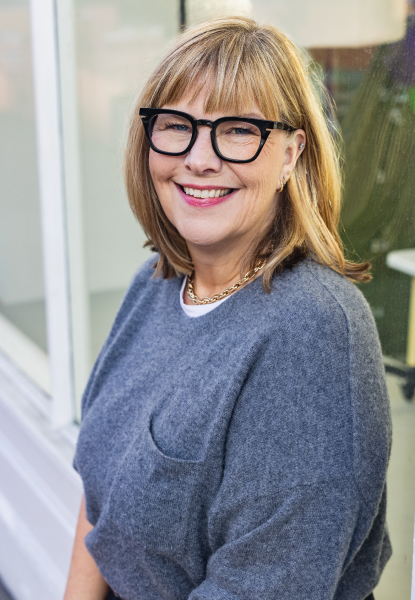
Do your clients face any unique financial challenges given the international nature of the entertainment industry?
Donna: International taxation plays a huge role. What we do—a lot of people might think it’s bookkeeping, but honestly, it’s business management. Everything that we’re doing is with a view to a future product and how we’re going to be able to present this to an artist or their management team. Let’s say an artist is doing a North American tour, for example. Well, we need to keep track of the income and expenses related to each country. And then we’ll want to keep track of things as the tour crosses the border—and maybe as it crosses a year-end. We have to keep a lot of things in mind to form the full picture.
I mentioned earlier that the artists have two income streams—those two income streams are treated completely differently for tax purposes. For new artists, getting the advice they need in order to set themselves up properly in terms of international tax is probably one of the biggest hurdles.
Artists often have a number of representatives. How does your team fit into the mix?
Donna: We see ourselves as the financial part of their team—their AR, AP departments, their CFO, all of that. Artists have a manager who is responsible for their career trajectory, and they pay this manager a percentage of their income. They also have an agent who is responsible for booking all of their live tours, and they pay the agent a percentage. If they’ve got an entertainment lawyer in the US, they pay them a percentage of their earnings as well. And then we come in.
Is that part of the process for you and your team—navigating relationships with these other individuals?
Donna: Definitely. The more successful an artist is, the less involved they are in the day-to-day running of their businesses, so most of the time, we’re conversing with agents, managers, and other people who are helping them on the business side, like insurance agents and investment managers. We tend to develop relationships with these managers.
Canada has a small music industry, so we may work with a manager that manages more than one of our clients. Agents will definitely work with multiple clients of ours. It’s when artists have maybe US managers or US agents that we’re meeting people for the first time. One thing I can say about this industry is everybody that I interact with is always really gracious. There’s not a lot of egos in what you would think would be an ego-driven industry.

We’ve all heard stories about unscrupulous people in the music industry though, so it must be very hard for artists to know who they can trust. Is it gratifying to know that you can provide them with reassurance as a CPA?
Donna: Yes, and it’s very important to me to get that across. When I’m talking to clients, I’m always very clear about the fact that we are CPAs—that we belong to a professional association, and there are regulations. That the client has recourse. I think it provides them with a lot of comfort.
Is that the most rewarding aspect of the work that you do?
Donna: Oh, big time. I can’t tell you how many times I’ve worked with somebody newer to the industry, and something has happened that they’re losing sleep over. And I know that I can put them at ease because it’s fixable and I can mediate on their behalf. Telling them “You don’t need to worry about this” is honestly the best feeling.
Do you have any advice for a CPA who’s interested in working in this field?
Donna: There are two big things. One is that it is incredibly rare for us to hire anybody other than a junior person. You can’t just step into a management role here because the business management side is so different, and the learning curve is very steep. You have to start out as a junior and learn the ropes, learn how we work with our clients, learn what’s important information to be tracking, and work with somebody as a mentor so they can make sure you’re learning what to look for and what to notice.
The second thing is that you have to have a passion for music, because you’re going to have to compromise some boundaries. And if you say you’re a multitasker, you better be one. That’s probably the number one reason why people leave, is because they just feel like they can’t get things done. Your sense of accomplishment has got to be related to your clients and how they feel about your relationship and the value you’re adding to their team—it can’t be tied to the work that you complete, because that’s never going to happen.
Thanks so much for sharing your insights with CPABC and giving us a glimpse behind the scenes!
All photos courtesy of Brit Kwasney Photo
Michelle McRae is the managing editor of CPABC in Focus magazine.
Donna is featured in the January/February 2025 issue of CPABC in Focus.
